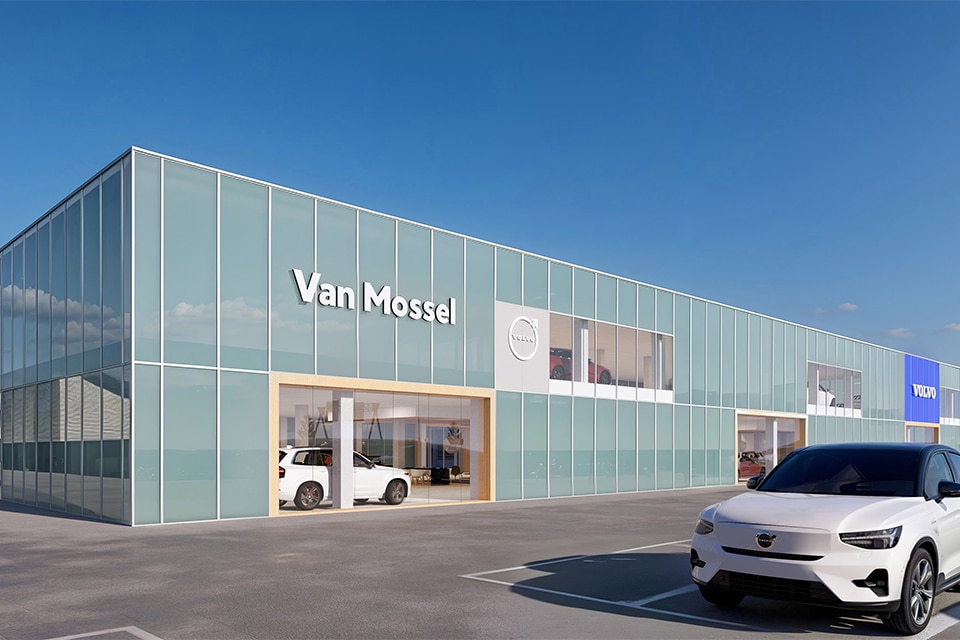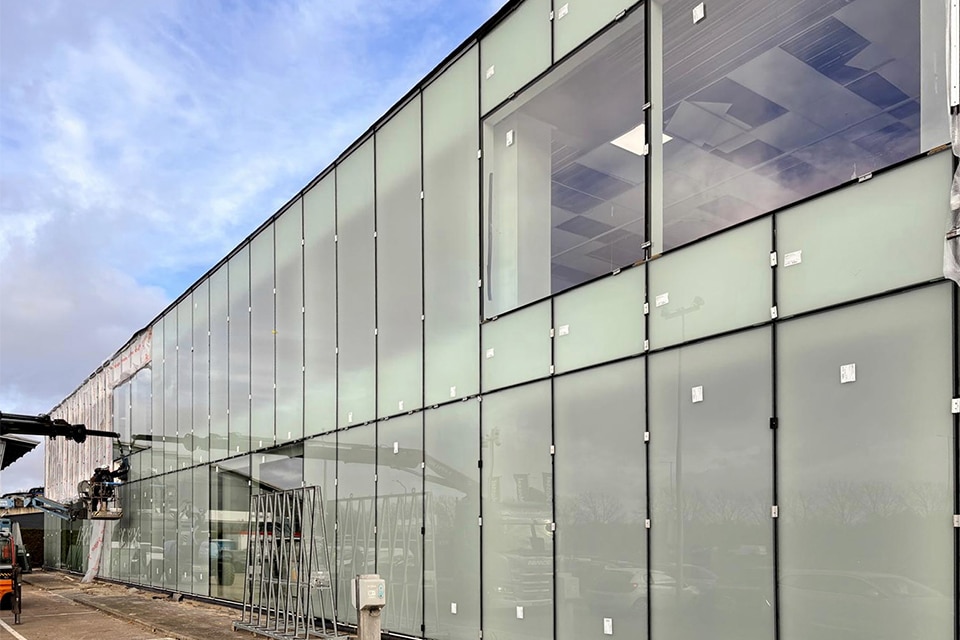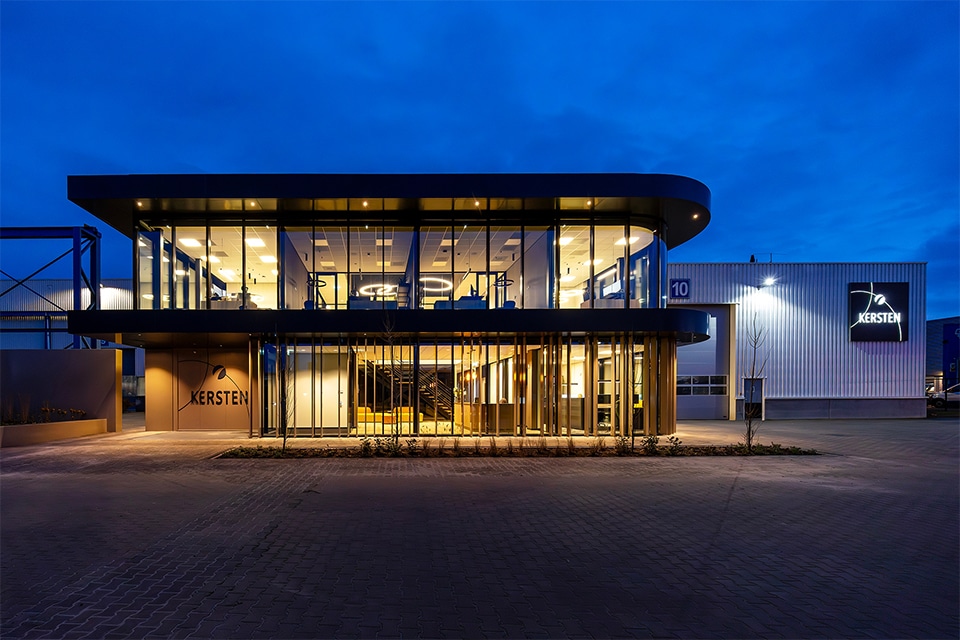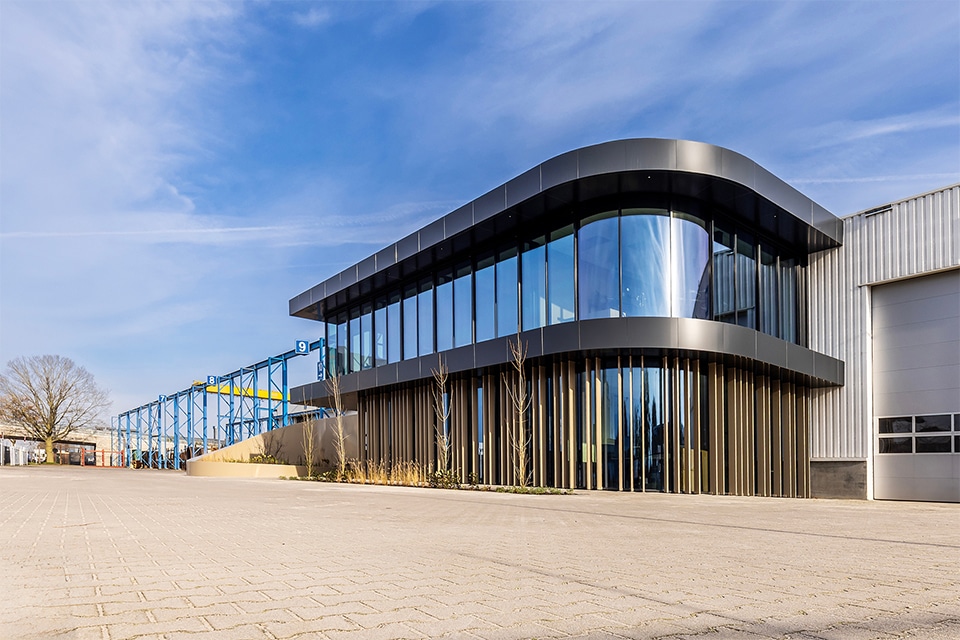
Carefree and comfortable going to the toilet
Feeling good in public restrooms: not so long ago, this idea was unthinkable among the general public. Public washrooms were long considered unhygienic, public and, consequently, not private at all, which meant that users never really felt comfortable while visiting the restroom. Today, however, we can speak of a social change: people are more mobile and the number of visitors to public buildings is increasing. We can say that the boundaries between private and public are increasingly blurred. The user wants to feel "at home" everywhere, and building managers are responding to this: they are taking into account the increasing importance of well-being in sanitary facilities and establishing that it is essential to choose the right products.
Users are more demanding and have new - and especially higher - expectations. Sanitary facilities in public areas must meet, among other things, ease of use, aesthetics, functionality and hygiene. As a result, the demand for more innovative products is increasing. The building manager demands beautiful, safe, reliable and hygienic products, but factors such as water and energy savings and ease of installation are also of great importance. In other words, it is becoming a real challenge to meet everyone's requirements.

Trend toward design and comfort
The image of a public institution is reflected in its restroom facilities. People often associate the quality of a building with that of its toilets. Thus, users pay attention not only to the extent to which a toilet is easily accessible or clean, but also the attractiveness and degree of comfort are becoming increasingly important. Thanks to more than 90 years of experience in the market, DELABIE can meet all these needs and expectations of users, regardless of their age, culture, gender or degree of independence. In addition, ecological design and the use of recyclable materials are considered in the development of the products.
DELABIE manages to offer a wide range of products that meet both the expectations of users and the specific requirements of the public sector.

Water and energy-saving products
Water consumption in utilities has been a major concern for years. The cost of water is ever increasing and, of course, there is also the environmental responsibility, which cannot be ignored. Therefore, there is a need for water- and energy-saving products, such as DELABIE's self-closing or electronic faucets. A mechanical self-closing faucet closes automatically after a preset time of 7 seconds, to avoid wasting water while soaping hands. Sensor faucets are activated only when a user is detected and turned off when no one is present. Water savings of up to 90% can be achieved with DELABIE faucets.
Easy installation and limited maintenance
When it comes to installation and maintenance, time and money can easily be saved with DELABIE's products. For example, by developing taps that are easy to install, without special tools, and by pre-setting flow rates. Also, not having to disassemble faucets during maintenance can save installers time and headaches. With self-diagnosing LEDs on sensor faucets, problems are detected and resolved faster. Standardized replacement parts such as internals simplify maintenance, while integrated filters protect the mechanism from dirt build-up. Choosing faucets that incorporate these elements will not only reduce maintenance costs but also extend the life of the installation.

Attention to hygiene
In public washrooms, the large number of users multiplies the risk of contamination via the hands. DELABIE's faucets were specially developed to optimize not only water savings, but also hygiene. Thus, manual contact with self-closing faucets is reduced thanks to self-closing, and with electronic faucets, hand washing is completely non-contact through the use of infrared detection. Moreover, these sensor faucets have a periodic flushing function: an automatic flush of about 60 seconds takes place every 24 hours after the last use. This prevents water stagnation in the pipes, and consequently the development of bacteria.
The design of DELABIE's sanitary appliances and accessories also places great importance on comfort and hygiene. The sanitary appliances are made of bacteriostatic stainless steel 304. A thin and invisible protective layer is always present on this type of stainless steel, which forms on contact with air or water. The surface of the products remains shiny, hard and smooth, inhibiting the adhesion of bacteria. Thus, bacterial growth occurs less quickly than on other materials. The products in the Be-Line® range, produced from pressed or injected aluminum, also have a homogeneous and smooth surface that ensures quick and easy cleaning. In addition to well-being and hygiene, these designer Be-Line® handles and shower seats also offer comfort and ergonomics.
Heeft u vragen over dit artikel, project of product?
Neem dan rechtstreeks contact op met Delabie.
 Contact opnemen
Contact opnemen




